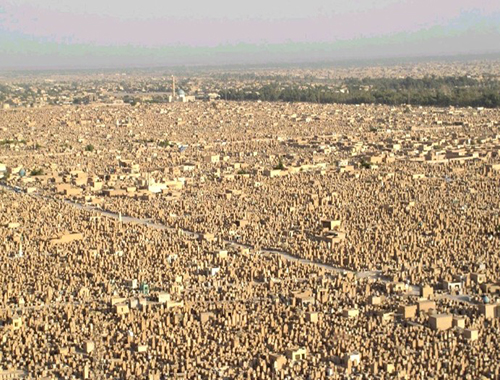Taxable Limit of Silver
- Details
- Hits: 2070
Taxable Limit of Silver
There are two minimum taxable limits for silver: The first is 105 ordinary mithqals, equal to 483.88 gms. Therefore, when the quantity of silver reaches that limit and other necessary condition are also fulfilled one should pay 2.5% of it as Zakat. And if the quantity of silver does not reach the aforesaid limit, it is not obligatory to pay Zakat on it.
The Second limit of silver is when there is an addition of 21 mithqals, that is, if an addition of 21 mithqals takes place to 105 mithqals, the Zakat should be paid on 126 mithqals. If the addition is less than 21 mithqals he should pay Zakat on 105 mithqals only, and no Zakat is payable on the additional quantity. The same rule applies as and when ongoing additions take place in the quantity of silver, like if 21 mithqals are further added, he should pay Zakat on the entire quantity and if the addition is less than that the quantity which has been added and is less than 21 mithqals, is not liable to any Zakat. Thus, if a person gives 1/40 of all the gold or silver he possesses, he will have paid the obligatory Zakat and sometimes even more than that. For example, if a person has 110 mithqals of silver and gives 2.5% of that, he will have paid Zakat on 105 mithqals which was obligatory, and also something on 5 mithqals which was not obligatory.
These are the basic rules with regard to Zakat. Those who wish to study this in more detail may refer to the books of Jurisprudence.











